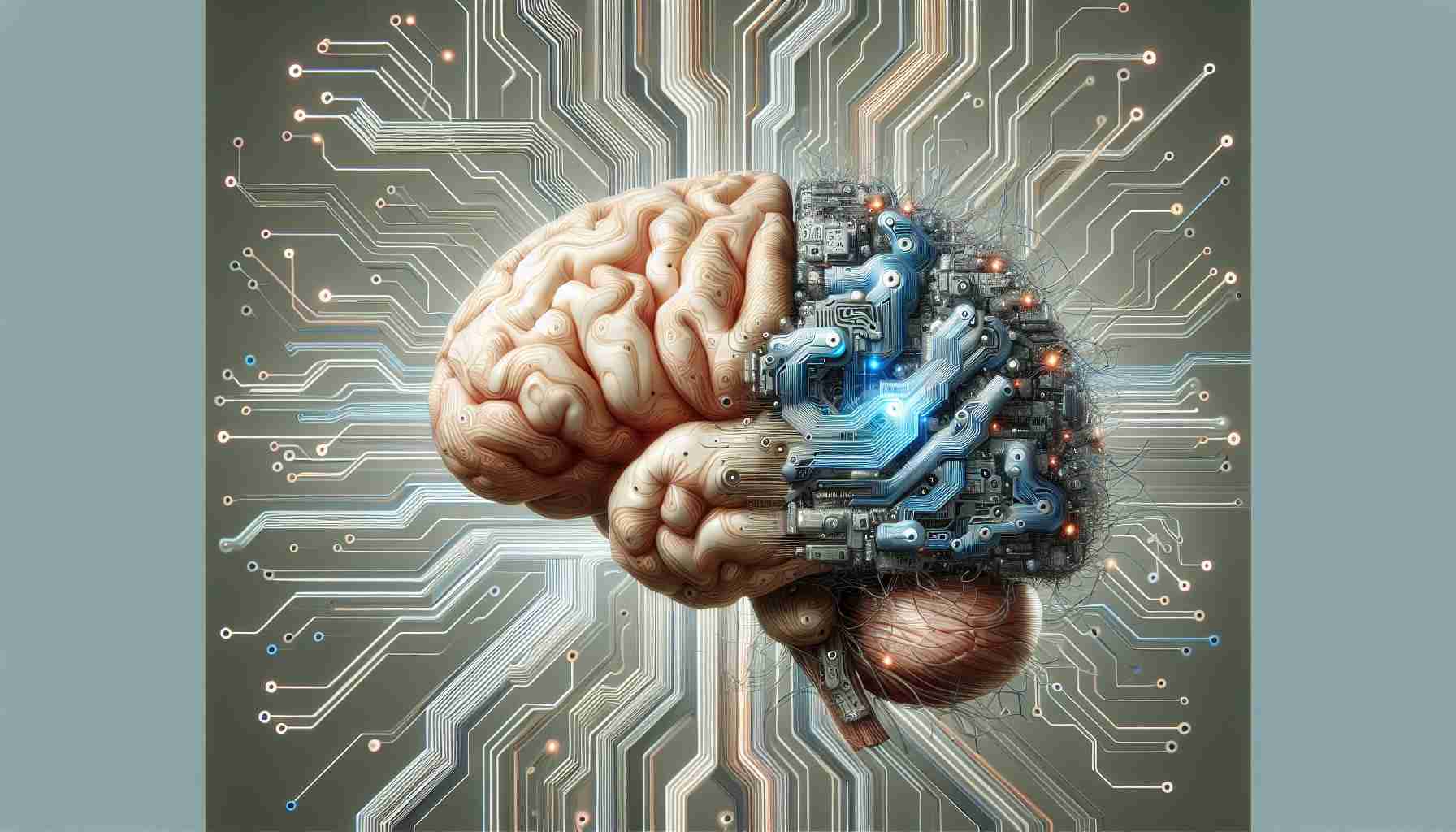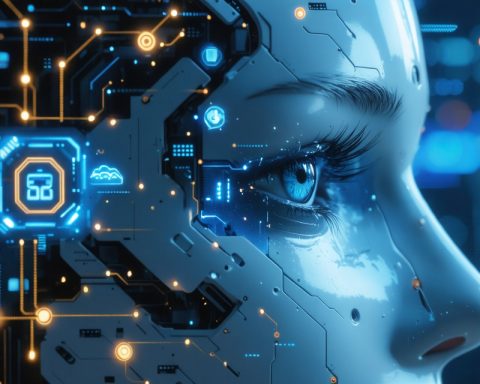Artificial intelligence (AI) fascinates and mystifies. Yet, understanding how it works demystifies its complex framework. At its core, AI refers to machines designed to mimic human cognition, learning from data to execute tasks traditionally deemed as requiring human intelligence.
Machine learning (ML), a crucial subset of AI, involves algorithms that enable computers to identify patterns and make decisions without explicit programming. Through iterative processes, these algorithms improve, adapting as they are exposed to more data. One compelling example of ML in action is image recognition. The system learns to identify objects by analyzing thousands of examples, each labeled by humans, allowing it to discern shapes and colors.
Deep learning, a more advanced form of ML, uses neural networks inspired by the human brain. These systems contain multiple layers that process data with increasing complexity. An ordinary task like speech recognition and translation demonstrates the power of deep learning, which dissects audio waveforms into discernible language patterns.
Apart from these, natural language processing (NLP) allows machines to understand and respond to human language, transforming raw text into meaningful insights. This technology is behind chatbots and voice assistants that can hold human-like conversations.
Despite their potential, AI systems are not infallible. They rely heavily on the quality and quantity of data and can inadvertently adopt biases. Nevertheless, the field continues to advance, promising smarter applications in the future. By unraveling how AI works, we better harness its capabilities while acknowledging its limitations.
The Hidden Impact of AI: Unveiling New Challenges and Opportunities
Artificial intelligence (AI) is reshaping our world, but what lies beyond its technical marvels? The ripple effects of AI unfold in unexpected ways, influencing economic, social, and ethical landscapes globally.
Economic Transformations: AI is a double-edged sword for global economies. While it drives innovation and efficiency, it also threatens traditional job sectors. For instance, automation in manufacturing leads to increased productivity but leaves many workers at risk of unemployment. Retraining and education initiatives are crucial to transitioning the workforce into AI-driven industries. Companies are investing in AI solutions, putting pressure on smaller businesses to adapt or risk obsolescence.
Social Implications: AI’s integration into daily life raises questions of privacy and data security. Facial recognition technology, deployed in urban areas for security, sparks debates on surveillance and individual privacy rights. Communities are calling for transparency and strict regulations to prevent misuse.
Ethical Concerns: Algorithms can inherit biases present in training data, leading to unfair treatment in applications like recruitment or credit scoring. This calls for increased diversity within AI development teams and rigorous oversight mechanisms. Ethical AI frameworks are becoming essential to ensure technologies uphold fairness and equality.
International Relations: Countries are racing to achieve AI supremacy, impacting geopolitical dynamics. Nations investing heavily in AI gain a strategic advantage, influencing global power structures. Collaborative international efforts are necessary to manage AI’s global influence and prevent an AI arms race.
These challenges underscore the need for informed dialogue. By engaging with AI’s broader impact, societies can navigate its potential responsibly and equitably. For more insights, explore IBM for deep dives into AI research and development.







